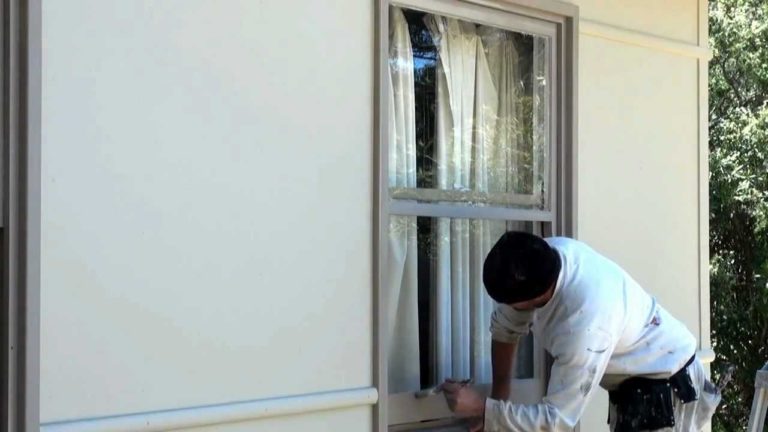
Music therapy offers numerous benefits for seniors, significantly enhancing their quality of life. Engaging with music can stimulate cognitive function, improve emotional well-being, and provide a supply of joy and comfort. Seniors participating in music therapy often experience reduced anxiety, improved mood, and enhanced social interaction. Integrating music therapy into senior home care routines may be particularly effective. Reside in care professionals and live in care agencies recognize the positive impact of music therapy and often incorporate it within their caregiving strategies to foster a supportive and enriching environment for seniors. One of the very most significant benefits of music therapy for seniors is cognitive stimulation. Music engages multiple regions of the brain, that may help maintain and even improve cognitive function in older adults. This is very beneficial for seniors with dementia or Alzheimer’s disease, as music can trigger memories and provide an expression of familiarity and comfort. In the context of 24 hour care in the home and 24 hour home care, caregivers may use music therapy to make a stimulating environment that promotes mental engagement and reduces the progression of cognitive decline. Emotional well-being is another area where music therapy excels. If you are hunting for additional info on live in respite care, browse the earlier mentioned website.
Music has the power to evoke emotions and memories, providing an outlet for expression and emotional release. Seniors often experience feelings of isolation or depression, and music therapy will help alleviate these emotions by fostering an expression of connection and belonging. Are now living in care providers, particularly those involved with 24 hour care in home, can utilize music to make a soothing and positive atmosphere, helping seniors manage their emotions more effectively. This emotional support is crucial for maintaining overall mental health and well-being. Music therapy also plays an important role in social interaction for seniors. Group music therapy sessions encourage seniors to talk with one another, fostering a feeling of community and reducing feelings of loneliness. This social aspect is essential for seniors who could have limited opportunities for interaction. Reside in care agencies often organize group activities, including music therapy, to market social engagement among all of their clients. In settings such as home respite care and private respite care in the home, music therapy can be quite a valuable tool for bringing seniors together and enhancing their social connections. For seniors recovering from illness or surgery, music therapy is an important part of home care after hospital discharge. It gives a non-invasive and enjoyable way to aid physical rehabilitation and pain management.
Listening to or participating in music can distract from discomfort and encourage movement, that is very theraputic for recovery. Caregivers providing after hospital home care or after hospital care in the home can incorporate music therapy into their care plans to assist in the healing process. This holistic approach ensures that seniors receive comprehensive support during their recovery. Along with its cognitive, emotional, and social benefits, music therapy also can enhance the entire caregiving experience. Live in respite care providers can use music therapy as something to build rapport with seniors and create a more engaging and supportive environment. Music can serve as a standard ground, helping caregivers connect using their clients on a further level. This connection is particularly important in 24 hour home care settings, where continuous care and companionship are essential. By integrating music therapy into their care routines, caregivers provides a far more personalized and fulfilling experience for seniors. To conclude, music therapy offers numerous benefits for seniors, from cognitive stimulation and emotional well-being to social interaction and physical rehabilitation. Incorporating music therapy into senior home care routines, whether through are now living in care or 24 hour care in the home, can greatly boost the standard of living for seniors. Live in care agencies and caregivers play an essential role in implementing music therapy, creating a supportive and enriching environment that fosters all around health and happiness for seniors.








